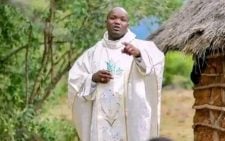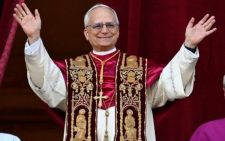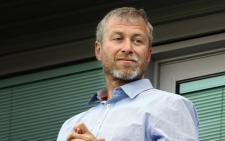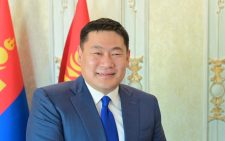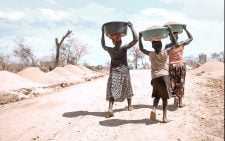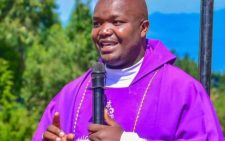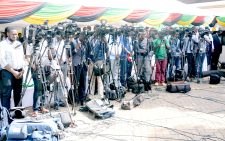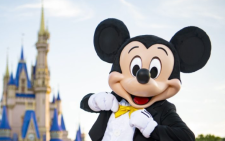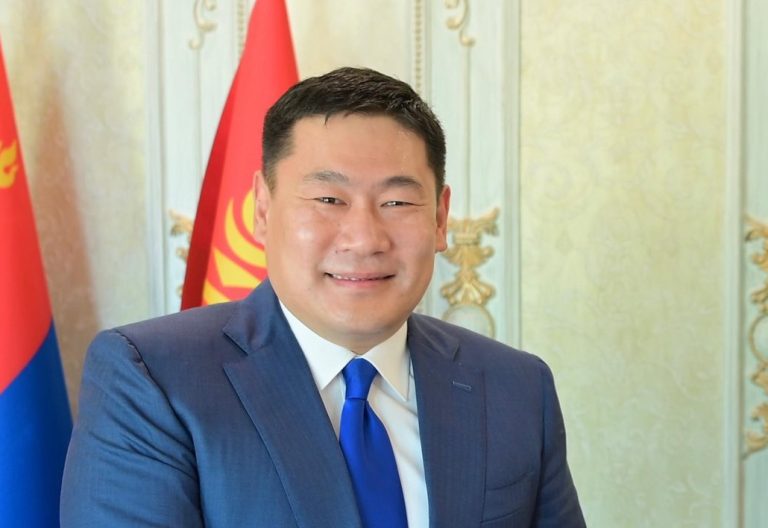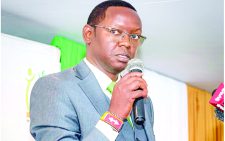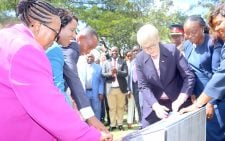Francis’ death silences a voice for the voiceless
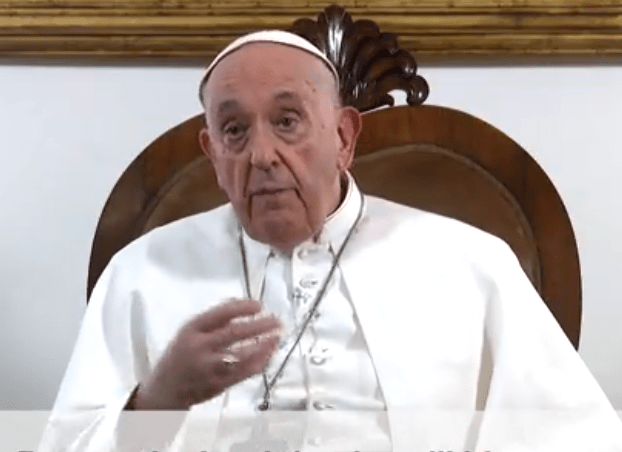
As the world that Pope Francis consistently called for — one that cared for migrants, safeguarded the health of the planet and protected human rights — collapsed around him in recent years, Francis would react to the newest setback by going quiet.
When Francis was “disappointed by certain political choices that governments are making,” Archbishop Paul Gallagher, the Vatican’s foreign minister and a close aide to Francis, said, “Silence comes upon him.”
That silence is now permanent. The death of Pope Francis on Monday morning has now deprived the world of a persistent advocate for the downtrodden. As mass deportations become the norm, authoritarianism expands and the alliances that governed the post-World War II era are turned upside down, it is clear that Francis has left behind a world quite unlike the one he joined as pope in 2013.
When he first stepped onto the balcony of St. Peter’s Basilica, Francis had joined a world stage packed with leaders, including President Barack Obama in the United States and Chancellor Angela Merkel in Germany, who broadly shared his views. Twelve years later, the pope’s funeral will be attended by a new crop of leaders whose politics align less closely with his own, including President Donald Trump and Argentine President Javier Milei.
As progressive leaders successively left the world stage, Francis became an increasingly lonely voice in a world that has seemingly become ambivalent about many of his priorities. Now that he is gone, there is no obvious alternative to fill the void.
“His voice is certainly missing,” said Gallagher, who met with Vice President JD Vance in the Vatican on Saturday and stressed the Vatican’s concerns about migrants and refugees. “People are suddenly realizing that that voice was significant, and people were listening to it,” he said. It had been “one of the very few points of reference that people have in the world,” he said. “There’s a new world disorder being established.”
Francis didn’t speak up only in support of those he considered vulnerable. He used his enormous platform as the spiritual leader of an estimated 1.3 billion Catholics to push back against world leaders who he and his supporters worried demonized migrants, the poor and the marginalized for political gain.
And throughout his pontificate, Francis both appealed to and criticized leaders for policies that he said visited suffering on regular people, who became caught up in others’ brutal pursuit for geopolitical and financial power. It was a message that held until the end.
Before Francis took ill in February, he criticized Trump’s mass deportation policy. “What is built on the basis of force,” Francis warned in a letter to American bishops, “and not on the truth about the equal dignity of every human being, begins badly and will end badly.” In his last public appearance, during the Urbi et Orbi Easter address from the balcony of St. Peter’s Basilica on Sunday, Francis lacked the strength to speak, but a prelate reiterated his concerns for migrants, victims of violence and conflict across the world and a growing climate of antisemitism.
But Francis’ warnings had a tendency to go unheeded.
Cardinal Michael Czerny, a close aide to Francis who is widely credited with writing some of his most important documents, including those on the subject of the environment, said Francis had provided a “prophetic voice,” although he pointed out that it had often been “more applauded than followed” on the world stage. Although more liberal leaders, including Obama, got a photo op, he said, they eventually followed policies that were sometimes in direct opposition to what Francis had preached.
During his pontificate, which began with his visits to migrant camps in southern Italy, Europe became increasingly reluctant to accept migrants, and nationalist parties — feeding off the economic frustration, populist politics and xenophobia of voters — have steadily risen.
Francis repeatedly warned of a return of authoritarianism, and nationalism’s tendency to reintroduce history’s horrors. By the end of his pontificate, right-wing parties had scored major victories throughout Europe, and Trump, whose Christianity Francis had once questioned, was back in power.

